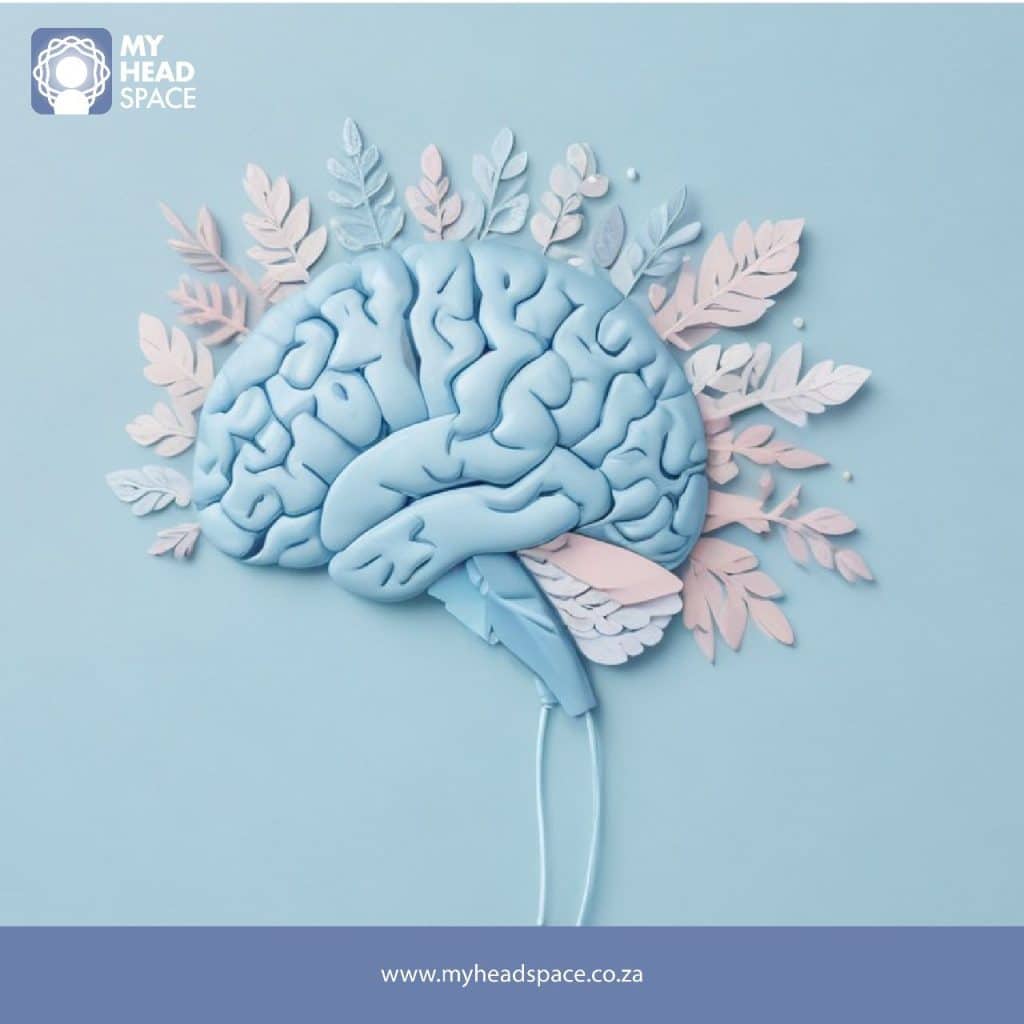
Benefits of Therapy
Benefits of Therapy
Therapy offers powerful and lasting benefits that support both mental health and emotional resilience. Whether you’re facing daily stress, navigating relationships, or managing deeper mental health challenges, therapy provides a safe, professional space to work through your experiences. You’ll gain self-awareness, develop effective coping strategies, and improve your emotional well-being. As you grow, you’ll discover how therapy can transform not only your inner world but also your personal relationships and outlook on life.
Improved Emotional Well-Being
When you choose therapy, you’re investing in your emotional well-being.
Therapy gives you a safe space to explore your emotions, identify underlying issues, and begin healing. A therapist helps you understand your emotional triggers and teaches you how to manage stress, anxiety, or depression with healthy coping strategies.
As you gain insight into your feelings and experiences, you’ll begin to feel more balanced and emotionally strong. Over time, this leads to greater inner peace, reduced emotional overwhelm, and a more positive daily experience.
Enhanced Personal Relationships
Therapy isn’t just about working on yourself — it also improves how you connect with others.
Through therapy, you’ll learn to practice open communication, express emotions clearly, and understand your role in relationship dynamics. These tools help you foster emotional intimacy, reduce conflict, and build mutual respect with partners, friends, and family.
As you become more emotionally aware, you’ll notice stronger, more honest relationships that are based on empathy, trust, and healthy boundaries.
Effective Coping Strategies
One of the most practical benefits of therapy is learning how to cope with life’s challenges.
Whether it’s work stress, grief, or a personal crisis, therapy gives you tools to manage emotional triggers and regain control. Techniques like mindfulness, breathing exercises, or cognitive reframing are commonly used to reduce anxiety and improve decision-making.
Therapists tailor these strategies to your needs, helping you break unhelpful patterns and face challenges with confidence and clarity.
Increased Self-Awareness
Therapy helps you tune in to your thoughts, behaviors, and emotions, fostering a deep sense of self-awareness.
By exploring your inner world, you begin to recognize how past experiences shape current patterns. This insight empowers you to make conscious, healthy choices rather than acting on autopilot.
Greater self-awareness leads to better emotional regulation, improved communication, and a more purposeful approach to life and relationships.
Professional Support and Guidance
Navigating emotional struggles alone can feel overwhelming — but you don’t have to do it alone.
Experienced therapists, such as Pakeeza Carrim and Ahmed Meyet, provide professional support tailored to your unique mental health goals. Whether you need individual counseling or relationship therapy, their guidance can help you understand your experiences and create meaningful change.
You can also access online therapy options, making it easier than ever to get help wherever you are.
How Do I Know if I Need Therapy?
If you’re feeling stuck, overwhelmed, anxious, or disconnected, therapy can help. Even if you’re unsure about the cause of your discomfort, talking to a therapist can bring clarity and relief.
What Should I Expect During My First Therapy Session?
Your first session is about understanding your story. You’ll discuss your concerns, explore what brought you to therapy, and begin setting goals. It’s a space for openness and support — no pressure, just connection.
How Long Does Therapy Typically Last?
Therapy can be short-term or long-term, depending on your needs. Some people benefit from just a few sessions, while others prefer ongoing support over several months. Your therapist will work with you to find the right pace.
Is Online Therapy as Effective as In-Person Sessions?
Yes, online therapy can be just as effective, especially for those who prefer the convenience or privacy of attending sessions from home. Many people find it easier to open up in a familiar space.
Can Therapy Help With Specific Mental Health Disorders?
Absolutely. Therapy is highly effective in treating anxiety, depression, trauma, PTSD, and other mental health conditions. Therapists use evidence-based approaches to tailor support to your individual needs.
Therapy is a journey toward healing, growth, and self-discovery. By improving your emotional well-being, deepening your relationships, and providing personalized coping strategies, it becomes a powerful tool for lasting change. With the guidance of a trained professional, you’ll build resilience, gain clarity, and move forward with confidence.
